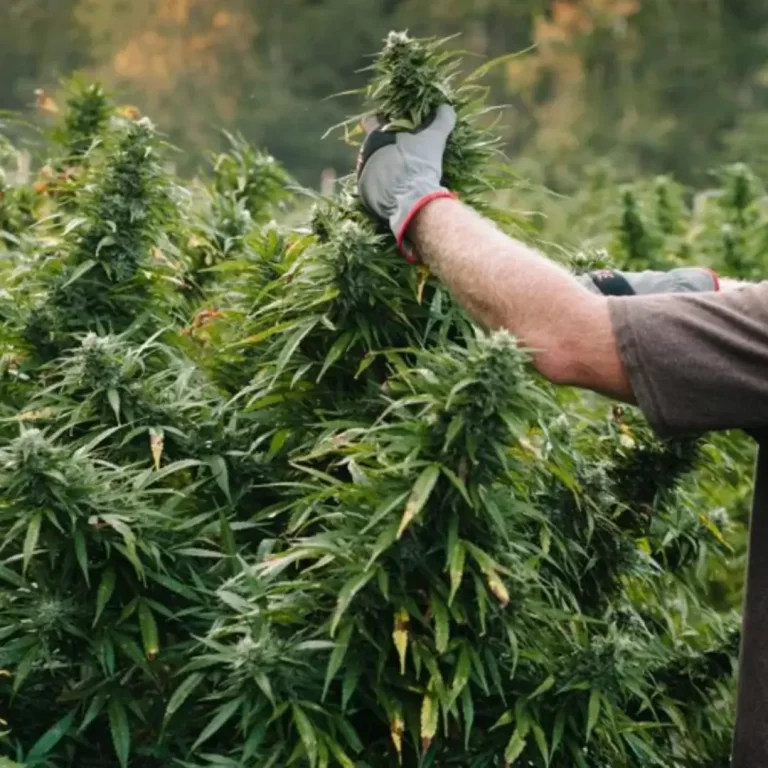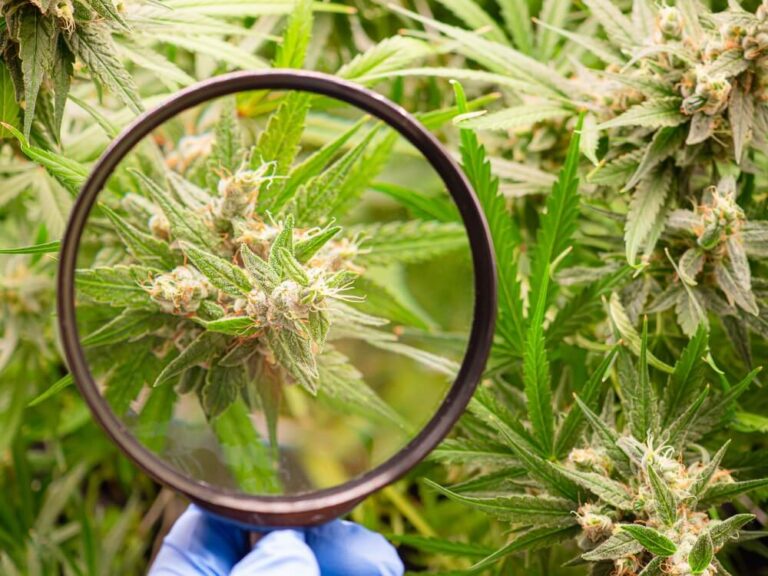
What’s Next for Legal Weed in Minnesota
- Cannabis News
- Cannabutter Digest
The midwestern state of Minnesota became the 23rd state in the country to legalize adult-use marijuana. On May 30th, 2023, Governor Tim Waltz signed a sweeping cannabis reform measure into law allowing the sale and use of recreational cannabis. As of August 1st, recreational cannabis has been the law of the land. However, that doesn’t mean people can run out and buy their favorite cannabis products just yet.
2023 may have been the year that made recreational cannabis legal in the land of 10,000 lakes, but 2024 is the year the state must lay the regulatory groundwork to make recreational marijuana a safe and accessible product for the public. What’s next for legal weed in Minnesota in 2024?
Progress on Regulatory Framework
Minnesota may have legalized recreational cannabis sales and consumption, but that doesn’t automatically give the cannabis-loving public a way to easily and safely access marijuana products. Most cannabis businesses aren’t expected to open their doors to the public until early 2025. Why? Because the state needs time to establish a licensing and regulatory system to govern its emerging cannabis industry. 2024 is the year the government will work on building its regulatory framework. Minnesota lawmakers are expected to wade into marijuana law and the regulatory system when the state legislature reconvenes in February.
Many lawmakers expect the 2024 Legislative Session to be the time to weigh proposals and hash out insurance and liability issues for marijuana businesses. Without guidance from lawmakers and because the exact rules governing recreational marijuana have not been set in stone, no licenses for retail cultivation, distribution, or sales have been issued.
Currently, the Office of Cannabis Management is conducting surveys on numerous issues like local compliance efforts, environmental issues, waste disposal, odor concerns, and commercial growing operations. The results of these surveys will help the agency draft industry rules, which then go up for public comment and legal review. The process is expected to take much of 2024.
The newly formed Office of Cannabis Management must also ensure that when the time comes, it issues enough marijuana licenses to not only meet demand but also to ensure market stability. It is a delicate balancing act. You want enough businesses to promote healthy competition, crowding out the illicit market, but you don’t want so much competition that marijuana is too cheap and doesn’t allow the cannabis industry to grow and thrive.
2024 is also the year the agency must make some educated estimations about the size and growth of the Minnesota recreational cannabis industry, so when the time comes to start issuing licenses, they move ahead in a measured and responsible way.
Law Enforcement Gearing Up for What’s Next
Minnesota law enforcement isn’t waiting for the newly emerging marijuana industry to take hold in the state. Instead, it has already started training officers to look for the signs of drivers under the influence of drugs in anticipation of recreational cannabis businesses opening in the state. The training is part of a pilot project authorized by the Minnesota state legislature.
Breathalyzers are roadside testing tools that can help law enforcement determine blood alcohol concentrations with reasonable efficiency and accuracy. Currently, there are no roadside tests available to accurately detect the presence of marijuana or THC in a person’s system. Instead, law enforcement is looking to build up the ranks of officers with Drug Recognition Evaluator or DRE credentials. DRE experts are law enforcement officers trained to recognize the signs of impairment in drivers under the influence of drugs other than alcohol. Minnesota officials hope to certify up to 100 more DRE officers to reach 500 DRE-trained officers soon.
Minnesota is also conducting a yearlong experiment testing a new oral fluid test kit that is supposed to detect the presence of marijuana in drivers suspected of operating a vehicle while impaired. During the pilot program experiment, officers could use the oral fluid test kits, but the results were not admissible as evidence in court. Officers must still rely heavily on bodycam footage and officer observations about driver conduct to establish impairment.
What Happens in the Meantime? What’s Next for Consumers?
As the legislature works out the details of regulation and how to establish a working cannabis industry framework, consumers may feel left in the lurch. Recreational marijuana is legal, but where can you buy it? Thankfully for cannabis enthusiasts, despite the lack of retail locations, there are still ways you can enjoy cannabis in Minnesota before recreational retailers open their doors.
First, certain retailers can sell marijuana seeds if they comply with labeling requirements set by the Minnesota Department of Agriculture. State law allows adults 21 and over to grow up to eight plants at home, with no more than four plants flowering at a time. Technically, you can buy cannabis seeds and grow plants for consumption. However, plants must be grown in an indoor, enclosed, and locked space that is not open to public view.
The other option people have for gaining access to recreational marijuana is to travel to one of the state’s Native American reservations. Tribal governments do not need state licensing permission to open cannabis dispensaries because trial nations are considered sovereign. Technically, the first recreational marijuana dispensary opened on August 1st, 2023, on the Red Lake Nation. The opening of a second recreational cannabis business on the White Earth Nation in northern Minnesota followed shortly after.
Currently, growing your own or purchasing it from a business run on tribal land are the only legal ways to obtain cannabis in Minnesota. It is illegal under federal law to transport marijuana across state lines.
The year 2024 promises to be a banner year for Minnesota as the state looks to establish its regulatory framework and move toward offering residents a safe and enjoyable recreational cannabis experience. To follow this budding story and others, follow Cannabutter Digest. We’ve got the latest news, recipes, and product reviews.






